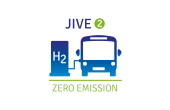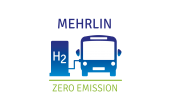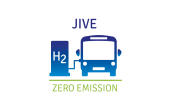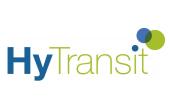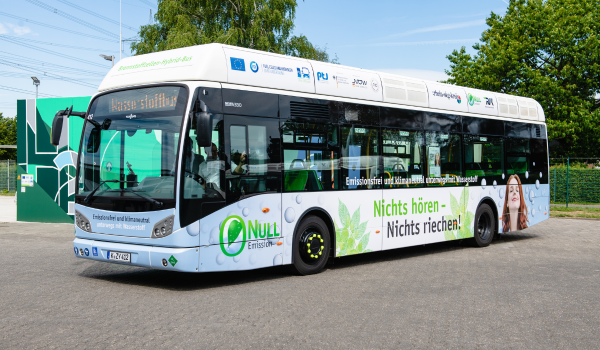
Procurement of the FCBs and HRS is the Stage that will determine the fundamental performance of the project. While the general steps and processes are well known, the procurement of FCBs and HRSs introduces some additional complexities. The technical details are likely to be new to the site and persons responsible for conducting this activity. For example, recognised standards for refuelling heavy duty vehicles (fills of >10 kg H2) are still in progress (April 2024), so HRS performance can be difficult to assess.
An additional element that must be managed is the requirement for a close linkage between the FCB and HRS technology. The buses and the HRS must be compatible and be able to communicate to ensure quick and reliable refuelling (data flow is bus to HRS). For example, the type of H2 tanks onboard the buses does have an impact on the design and performance of the HRS.
In the past, FCBs were equipped with Type III tanks, which are fibre-wrapped metal vessels. They do not require pre-cooling of the H2 by the HRS unless the buses are refuelled very fast. Today, Type IV tanks are the choice of the most bus suppliers because they are lighter and cheaper. Type IV tanks are fibre-wrapped plastic vessels. Their lower thermal conductivity slows down the dissipation of heat which develops in the tank during the filling process. Overheating of the tank must be avoided for safety reasons. Keeping the tank temperature limit of 85°C can be ensured via a conservative (i.e. slow) refuelling process or by H2 pre-cooling. Ambient temperature also impacts the process as higher air temperatures will increase the pre-cooling required.
It is also highly desirable that the timing of the arrival and commissioning of the FCBs and HRS are coordinated so that, ideally, neither one sits idle waiting for the other to be available. These factors have led some sites to procure both FCBs and HRS through a single process conducted by a single organisation such as the PTO.
Generally, however, while the PTO is likely to have considerable expertise in purchasing buses and be well placed to undertake this task for the FCBs, they are unlikely to have much, if any, expertise in HRS procurement. Accordingly, the PTO is likely to require external expertise for procuring the HRS, or this process should be led by a different party.
Some sites have circumvented this challenge (lack of experience with HRSs) by procuring ’H2 refuelling as a service’, rather than buying and operating the actual refuelling hardware themselves. This puts the responsibility and accountability on the contractor to provide the required quantity and quality of H2 and refuel the FCBs how, where and when required. One city site even put out a single tender for the complete system of buses, HRS and hydrogen fuel supply. This was successful, and other sites consider this as an option for the future.
Such solutions are also one way to address a request frequently made by both HRS and FCB suppliers that tender documents should focus on the performance outcomes required. In the case of the HRS, this could include the daily hydrogen demand, the length of the refuelling window and the maximum allowed time to fill per bus, while not stipulating technology details such as HRS storage size. This allows the suppliers to shape their tender solution in the most efficient and effective way, and at the best price. Tendering for performance outcomes, with appropriate penalties for not meeting these, is generally considered beneficial as it is keeping some flexibility in the specifications where possible.
It is important that issues of performance, warranty, maintenance and supply of parts (including timeframes for provision of service and precise responsibility) are clearly understood and agreed by all parties and well documented in the contracts. Only what is documented will count after the contracts are signed. Do not accept non-disclosure clauses that forbid you to talk to third parties when problems occur.
Section 3.1: Procurement: General Best Practice Solutions.
Section 3.2 & 3.3: Procurement of the HRS (including H2 fuel supply).

